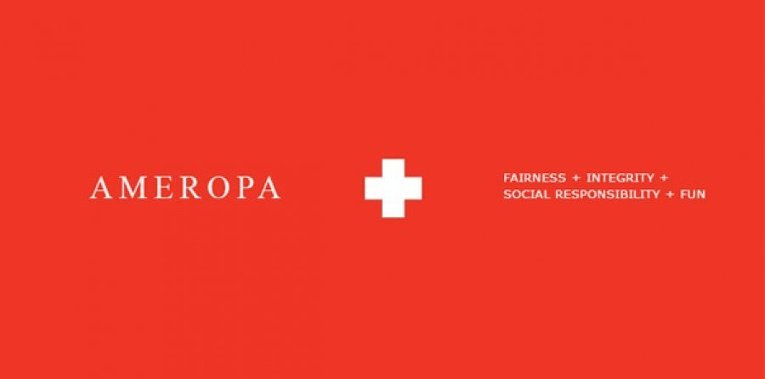Andreas Zivy, the Swiss owner of Ameropa AG, declared his intention to litigate against the Russian government for alleged loss of Ameropa’s investment in Togliattiazot. RAPSI publishes several opinions of Russian media on the subject.
Zivy made this statement at a briefing held in Zurich Airport on October 27. Zivy claims that the Russian authorities caused a 450 million dollar damage to Ameropa AG as an investor into TogliattiAzot.
Spokespeople for Ameropa stated that they are ready to hold consultations with the Russian authorities during the coming six months to settle the dispute amicably. Failing that, the dispute will be submitted to international arbitration.
RAPSI published several opinions of Russian media on the subject.
Nezavisimaya Gazeta, a Russian daily, reported that in December 2012, the Russian Investigative Committee opened a criminal investigation into large scale fraud at TogliattiAzot. According to the investigation, TogliattiAzot was selling its products at a significant undervalue to Nitrochem Distribution AG, a subsidiary trading firm of Ameropa AG. The trader in turn resold the products at market prices and selectively shared the proceeds with controlling shareholders of Togliattiazot.
In a separate investigation of 2013 the police revealed that valuable assets of Togliattiazot - the methanol production unit and plots of industrial land - were illegally withdrawn from the company, to benefit the same people.
Experts engaged by the investigation calculated the total damage that Togliattiazot suffered as a result of the criminal actions at $1.5 billion.
In December 2014 top managers of TogliattiAzot were arrested in absentia - chairman of the board of directors Sergei Makhlai, who, according to The Vek (16 October 2015), was stripped of his powers under the court decision, co-owner Vladimir Makhlai, Andreas Zivy and Nitrochem’s CEO Beat Ruprecht. Some of the defendants were later put on the Interpol wanted list.
The Tribune wrote (27 October 2015) that the Chairman of the Investigative Committee of the Russian Federation, Alexander Bastrykin, was personally supervising the case.
According to Nezavisimaya Gazeta, Zivy's statements look like an attempt to throw dust in the eyes of thepublic and put pressure on law enforcement agencies and courts.
Portraying the investigation as a political case rather than a purely criminal probe is a tactic to which the owners of TogliattiAzot resorted before. Rustam Kurmaev, lawyer at a litigation firm Goltsblat BLP, told Kommersant daily that the appeal to the government has no legal basis. In a nutshell, it can be perceived as a game for the public in the absence of real arguments.
Judging from the briefing, Zivy and his lawyers are trying to bring their claims under the Soviet-Swiss investment treaty of December 1, 1990, but its applicability to this situation is highly dubious.
It would be hard to say that Zivy’s case in Russia was handled unfairly. His original pleadings and subsequent appeals were accepted and decided by the courts of Moscow, Samara and Nizhny Novgorod.
Interestingly, Zivy does not deny the fact that his company indeed engaged in the profit shifting trades which raised questions with the authorities. When asked whether his company bought products from TogliattiAzot at an undervalue to resell them at market prices, Zivy said that it was nothing but ‘the law of the business’ and no-one should get excited. Nezavisimaya Gazeta acidly remarks that besides the ‘laws of the business’ which Zivy follows there exist some laws of the Russian Federation which deny this practice as illegal.



